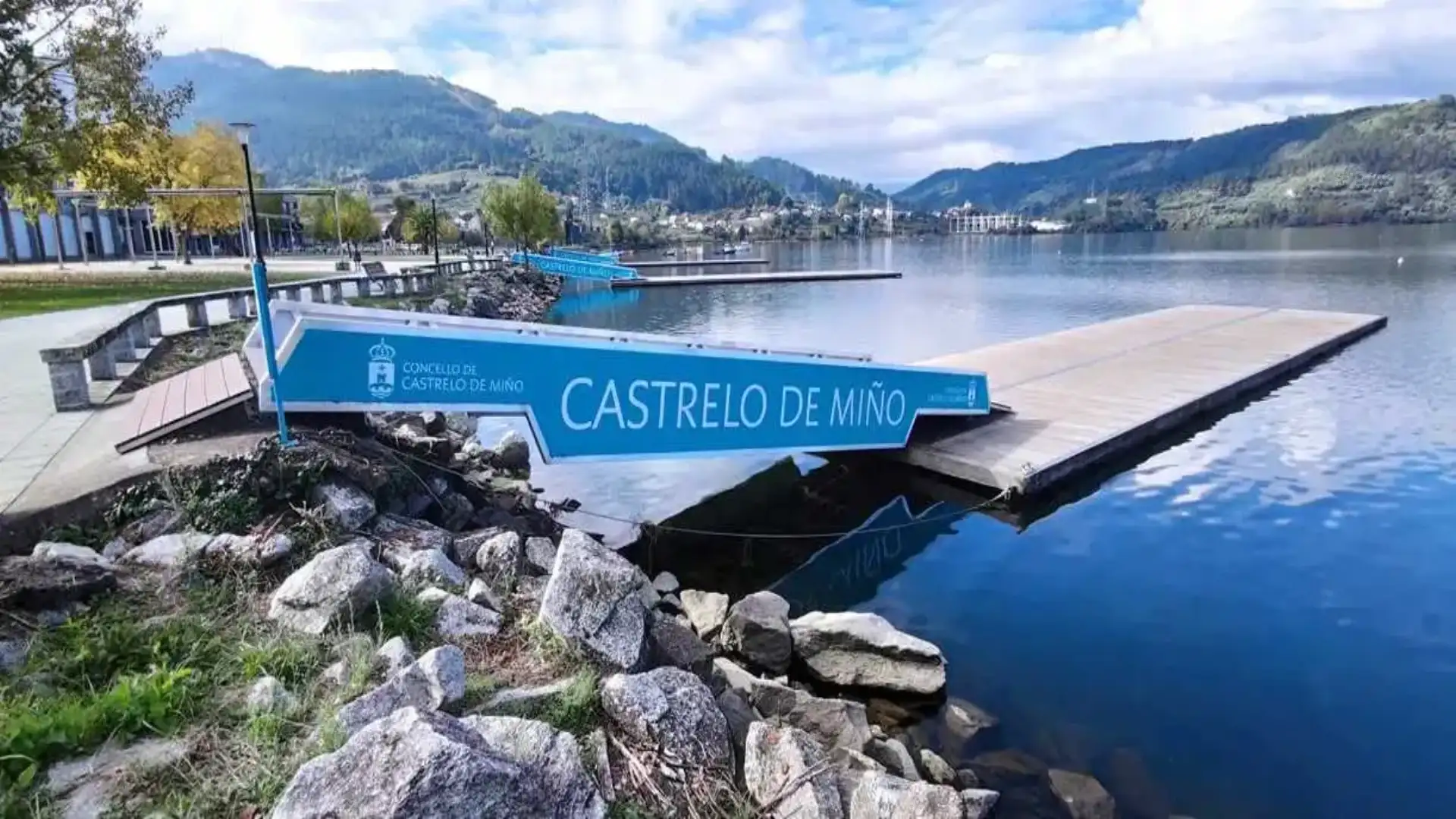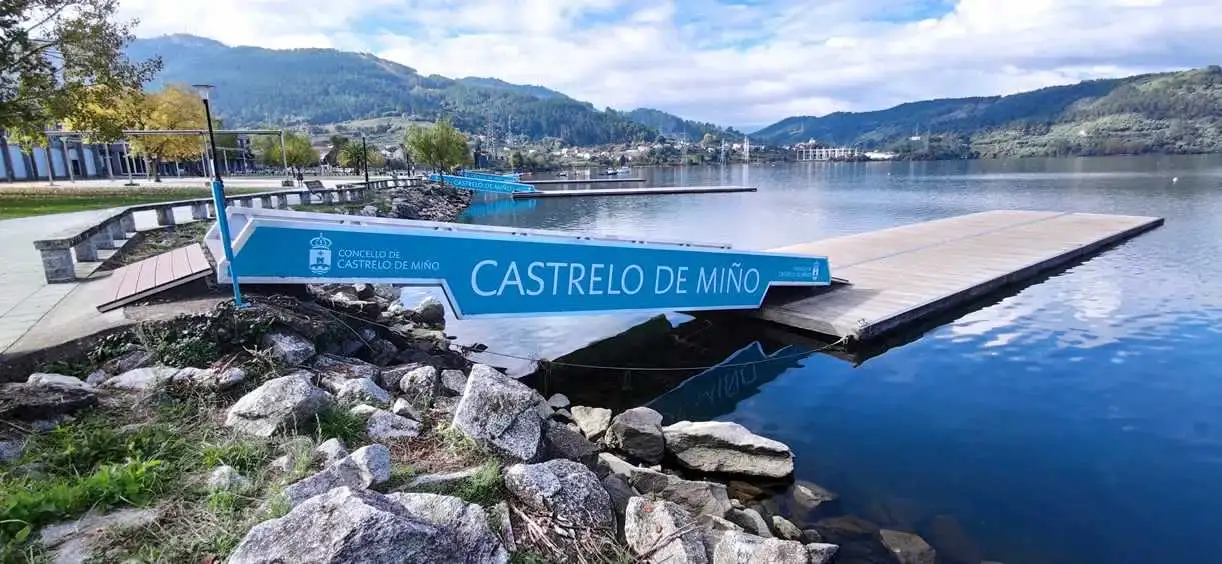
The Galicia Nautical Park of Castrelo, must be written with J of Julián Trincado
The Galicia Nautical Park of Castrelo, must be written with J of Julián Trincado

The most recent rowing in Galicia, has closely linked its history to the president of this Olympic sport... from 1978 to a couple of years ago: Manuel Seijas Galán. And the coruñés who love the nautical sport as few have been, launches a proposal to which NAUTICA DIGITAL fully joins: Julián Trincado, Don Julián, must remain forever with the facilities of Castrelo... presiding the name as PARQUE NAUTICO DE GALICE JULY TRINCada. Castrelo, Ourense and Galicia... are in debt to this great adoption galician (Photo by orense.com)
The story has to be told by those who helped to realize with them not with stories and milongas and particular interests... Castrelo de Miño has a historic debt to Don Julián Trincado Settier who from his position and responsibility in Fenosa and Unesa favored the development of the sports facilities of the Castrelo reservoir and being a true benefactor of the sports activity and in a very special way the rowing.
For all of this and for its far-reaching business and especially human conditions, it should now be proposed that the nautical facilities of Castrelo de Miño should be nominated as the Nautical Park Julián Trincado, given its merits for its great economic investment for its sports development and in a special way I repeat that it has had the Remo since its beginning in 1978 what I propose and present with strict knowledge.
José Manuel Seijas Galán
former President of the Galician Federation of Remo and former Vice President of Spanish
Trincado Settier, Julián. Valencia, 25.VI.1921 - Madrid, 21.VIII.2000. Dr. engineer of Caminos, Canales and Ports, CEO of the Northwest Electric Forces (Fenosa), President of Union Fenosa, President of the Electric Unit (Unesa), and President of the Atlantic Highway (Audasa).
In 1946 he entered work in Saltos del Sil, where, after taking up several positions, he was appointed general director of Constructora del Sil. In 1965, he was appointed director of Leonesas Electric (Elsa), a company in which he was appointed president four years later, leaving this position when he merged with the Electrical Union in 1970. After a brief stay in the construction company Huarte y Cia, Julián Trincado returned to the electrical sector when he was appointed general director of the Northwest Electric Forces (Fenosa), in 1982 as the managing adviser of the company. A very short time later, in November of this same year, Fenosa and Unión Eléctrica were merged, taking up the position of CEO of Unión Eléctrica - Fenosa - who later, in 2001, became the Unión Fenosa - and, at the end of 1983, was appointed president of the company, since he held until 1993 in which he was appointed president of honor.
During the presidency of Julián Trincado, the Generating Park of Unión Fenosa was extended with the entry into operation of several thermal groups and the nuclear power plant of Trillo. In 1985, Union Fenosa played a leading role in the exchange of assets between the associated electricity companies in Unesa. It then initiated a new policy of diversification of society, both in new areas of action and in the internationalization of its activities. This allowed Union Fenosa to compete better in the new liberalized model that the Spanish electricity sector was to adopt from 1998.
In October 1990, Julián Trincado joined the presidency of Unesa, which he held until October 1991. Under his presidency, in the sector was the fusion of Iberduero and Hidroelectric Spanish to constitute Iberdrola, and Endesa launched the friendly OPA on Electra de Viesgo, Cia., Sevillana de Electricidad and Fecsa. These events represented the largest business reorganisation in the electricity sector since its birth in the late 19th century.
Although Julián Trincado had an intense professional work in the electricity sector, he was able to match it with activities in other economic areas - motorways, consultancies, etc. - and cultural, always influenced by his liberal thinking. In 1973, for example, he founded the Editorial Union, an entity that aimed to spread liberal ideas in Spanish society.
He received, among others, the Gold Medal for Merit in the Fine Arts, the Medal of Honor of the College of Engineers of Canals and Ports, and the Castelao Medal of Galicia. He was a member of the Royal Academy of Fine Arts of San Fernando.
He died in Madrid on 21 August 2000.
_
© 2024 Nautica Digital Europe - www.nauticadigital.eu











